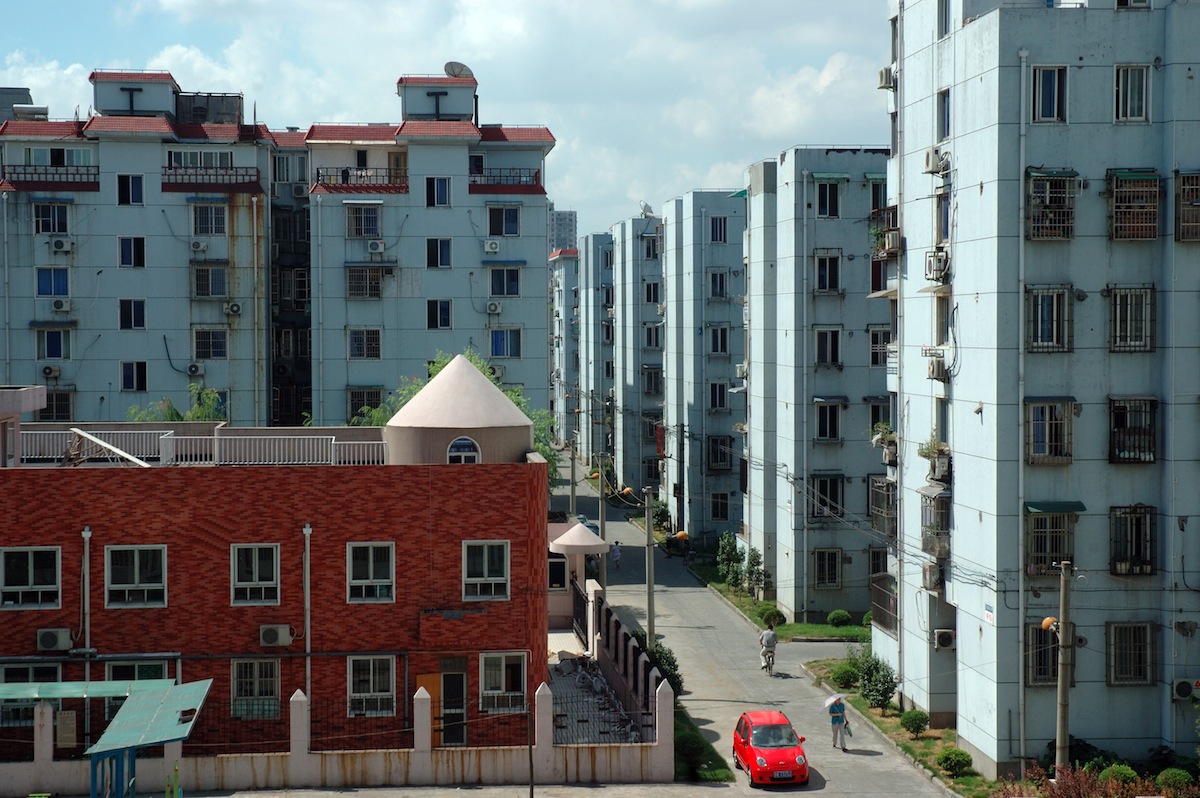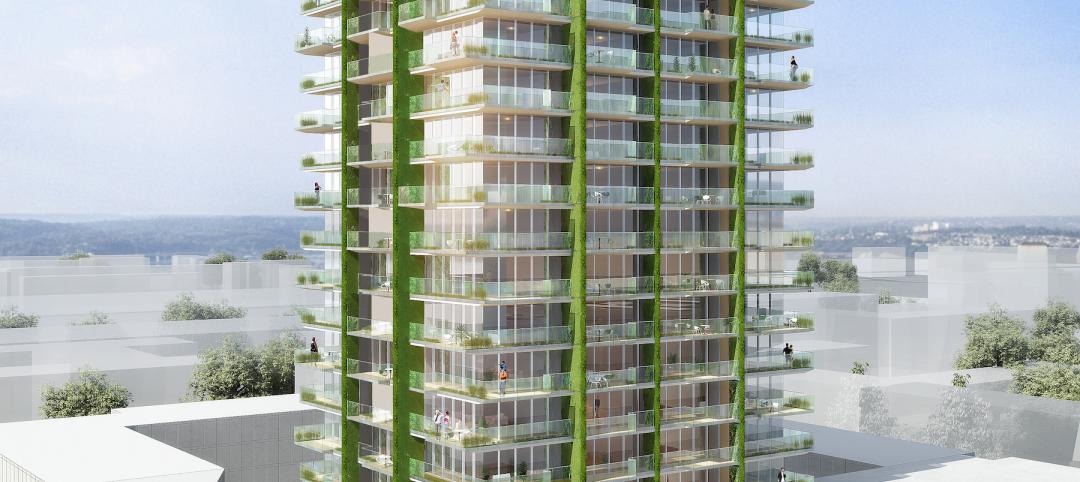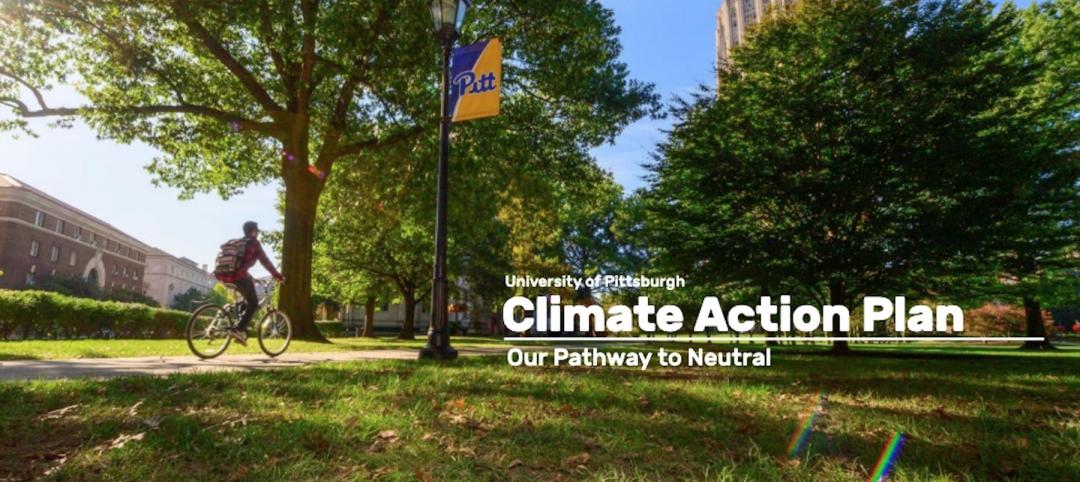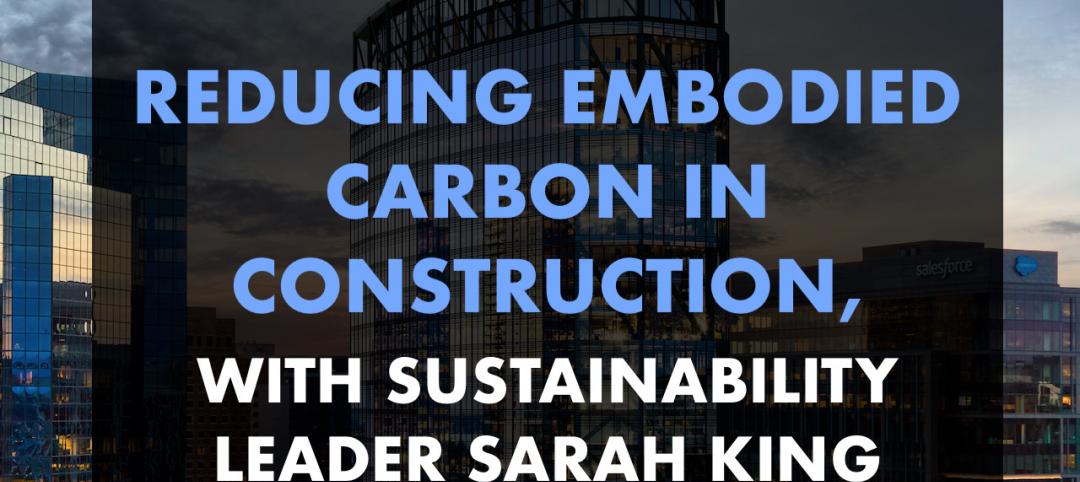The Green Building Certification Institute (GBCI) and the International WELL Building Institute (IWBI) formally introduced the WELL Building Standard in China. WELL is a system that focuses on human health and wellbeing in the built environment.
WELL, which complements green building rating programs such as LEED, Three Star, and BREEAM, has come forward at a time of increased environmental awareness among the Chinese people who are looking for solutions to improve quality of life.
“Our world today is confronting massive health challenges that are assaulting our complete physical, mental, and social wellbeing,” said Rick Fedrizzi, CEO & founding chair, U.S. Green Building Council. “As these challenges continue to mount, all of us have an obligation to be more purposeful when addressing how human health relates to our built environment. The WELL certification program is a powerful way to accelerate better, healthier buildings throughout China.”
The WELL Building Standard is a performance-based system for measuring, certifying and monitoring features that impact human health and wellbeing, through air, water, nourishment, light, fitness, comfort, and mind.
Grounded in a body of medical research that explores the connection between the buildings where we spend more than 90% of our time and the health and wellness of the people in them, WELL certification allows building owners and employers to know their space is designed to promote health and wellbeing and is performing as intended.
“We think there is a great market opportunity in China for companies to be at the forefront of healthy building practices,” said Paul Scialla, founder of the International WELL Building Institute. “We are excited by the strong interest and demand we have already received from companies and projects that are interested in WELL certification and merging together best practices in environmental and human sustainability.”
GBCI, as the official certifying body of both WELL and LEED, will successfully integrate the certification and credentialing processes of both systems to help project teams efficiently deliver on both their environmental and human health goals.
WELL can be applied across all building types and version 1.0 of WELL is currently optimized for commercial and institutional projects. For more information about the WELL Building Standard, visitwellcertified.com. For more information about GBCI, visit gbci.org.
Related Stories
Multifamily Housing | Apr 20, 2022
A Frankfurt tower gives residents greenery-framed views
In Frankfurt, Germany, the 27-floor EDEN tower boasts an exterior “living wall system”: 186,000 plants that cover about 20 percent of the building’s facade.
Wood | Apr 13, 2022
Mass timber: Multifamily’s next big building system
Mass timber construction experts offer advice on how to use prefabricated wood systems to help you reach for the heights with your next apartment or condominium project.
Modular Building | Mar 31, 2022
Rick Murdock’s dream multifamily housing factory
Modular housing leader Rick Murdock had a vision: Why not use robotic systems to automate the production of affordable modular housing? Now that vision is a reality.
Legislation | Mar 28, 2022
LEED Platinum office tower faces millions in fines due to New York’s Local Law 97
One Bryant Park, also known as the Bank of America Tower, in Manhattan faces an estimated $2.4 million in annual fines when New York City’s York’s Local Law 97 goes into effect.
Energy-Efficient Design | Mar 25, 2022
University of Pittsburgh Releases ‘Pitt Climate Action Plan’
The University of Pittsburgh has released the Pitt Climate Action Plan, detailing how the University will achieve its goal to go carbon neutral by 2037 through investments in clean energy, transportation, efficiency and other areas.
AEC Tech Innovation | Mar 9, 2022
Meet Emerge: WSP USA's new AEC tech incubator
Pooja Jain, WSP’s VP-Strategic Innovation, discusses the pilot programs her firm’s new incubator, Emerge, has initiated with four tech startup companies. Jain speaks with BD+C's John Caulfield about the four AEC tech firms to join Cohort 1 of the firm’s incubator.
Codes and Standards | Feb 18, 2022
Proposal would make all new buildings in Los Angeles carbon-neutral
Los Angeles may become the next large city to ban fossil fuels from new construction if legislation recently introduced in the city council becomes law.
Green | Jan 10, 2022
The future of regenerative building is performance-based
Why measuring performance results is so critical, but also easier said than done.
Sustainability | Oct 28, 2021
Reducing embodied carbon in construction, with sustainability leader Sarah King
Sustainability leader Sarah King explains how developers and contractors can use the new EC3 software tool to reduce embodied carbon in their buildings.
Green | Oct 6, 2021
My reaction to the UN IPCC Climate Change 2021 report: Ugh!
The recent report of the UN Intergovernmental Panel on Climate Change is not a happy read.

















